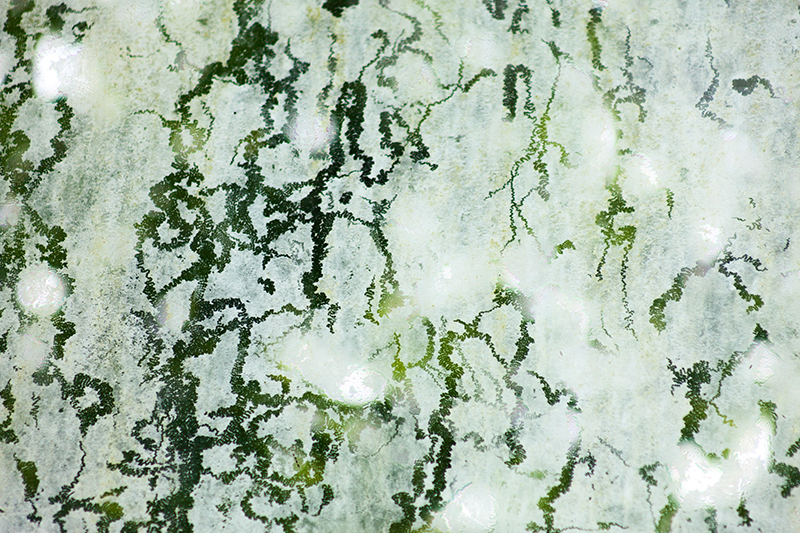There is no better time to focus on maintaining a healthy living space and knowing how to prevent mold in a house with the Cyprus climate can greatly improve the living conditions of your family. Mold in any form is a serious risk to not only your health but the long-term value of your residence.
Property Experts Cyprus teaches you how to prevent mold in your house despite the Cyprus weather and what to do if you are already faced with mold problems in a newly purchased property.
What’s the Fuss About Mold
Mold and fungal spores come in a variety of species, but almost all of them growing in our homes not only look bad but contain some serious health risks.
Black mold is known to contain carcinogens that lead to cancer. Whereas fungal spores have been known to cause respiratory diseases and even asthma. The WHO estimated that 12% of new asthma developments in children were linked to indoor mold exposure.
A Finnish study concluded that 450 million Euros annually were lost to covering medical needs in response to mold, and 1.4 billion if the repair costs were added into this total.
Yet, despite the impacts of mold on health, one in six Europeans still face living in properties that may be unhealthy and even Cyprus officials have found it necessary to combat mold in historical landmarks.
This is why knowing how to prevent mold in your home is an important first step in achieving the lifestyle you desire. Luckily, it is a common problem with many easy steps you can take during your normal routine.
What Leads to Mold Growth
Mold grows as a result of either an external or internal moisture problem. You can even find mold growing In your home due to a mix of both. The humidity level is the key factor in the prevention of mold and ideally should be kept at 30-50%.

External factors, particularly common in Cyprus, relate to dampness. This is often caused by:
- Precipitation
- Extended periods of cloudiness
- Pressure changes
- Diurnal (daily range) temperature changes
- Sea winds
- High humidity
These are beyond our control and to prevent mold growth requires that we treat our living spaces with proper ventilation systems.
Internal factors are divided into two areas of concern: human activity and construction quality. When we take a shower, live in close quarters with our family members, and even dry our clothes on a rack or line, we add moisture into the air.
Often we forget to open a window to allow fresh air to circulate or rely on air conditioning to keep our homes cool during hot, balmy months without realizing the build-up of internal moisture.
Other internal factors are homed in our property themselves, through poor insulation, lack of proper window location, and just general aging of many Cyprus properties. Water damage that has gone unnoticed or untreated can also mean major mold problems in the future. If a homeowner decides to travel, they may be faced with a growing issue when they return.
Figuring out the best ways on how to prevent mold in your house from the beginning will save you from much larger costs of mold remediation later.
Easy Daily Steps on How to Prevent Mold in a House
Although mold spores are a continual presence in our everyday lives, there are some easy methods you can adopt to ensure that you never encounter it as a major housing issue. Learn how to prevent mold in a house with these simple steps to reduce the moisture problem found in most Cyprus homes:
- Open a window to allow fresh air in on dry days, but also remember that outside moisture could become trapped inside. Invest in dehumidifiers so that you can get proper ventilation of stuffy rooms while also removing the buildup of extra moisture. Also, if possible, open multiple windows at once to increase the airflow through the property.
- Consider air conditioner units that have built-in filters and dehumidifiers.
- Put clothes in a dryer that vents outside or hang them outside to dry thoroughly.
- When in the kitchen and bathroom, close doors and use exhaust fans to prevent moisture from escaping to other rooms of the house.
- Limit the number of potted plants in poorly ventilated rooms.
- Wipe away excess moisture that may build up on windows or other glass surfaces so that it does not reabsorb into the air.
- Consider switching portable gas heaters that generate high humidity levels for more affordable, safer options that produce less moisture.
- Quickly address any leaks or areas with water damage before mold spores are able to use the ideal climates for growth.
While property buyers might think investing in property away from the beachside is enough so that they don’t have to deal with how to prevent mold in a house, the reality is that even in the mountains of Cyprus, humidity problems can still occur. Cold seasons bring drafts and lack of insulation is a common problem in most homes.

Further, first-floor homes also are not always better over the warmer upper floors due to darker interiors with less sunlight. Mold spots often begin to form during the winter months and in darker climates.
Help! I Already Have a Mold Problem!
If you find it might be too late to simply address how to prevent mold in your house and find yourself dealing with the occasional mold spots, don’t worry. There are also several cleaning remedies that will remove the mold and keep your family away from unnecessary health problems:
- Wallpaper, paint, or plaster with mold must be completely removed, the area completely dried, and then treated with a special antifungal agent before you can redo the design.
- Wood can be treated using an antifungal spray found in most hardware stores. If you want to try it yourself, simply add 1 teaspoon of tea tree, grapefruit, or lavender essential oil to a liter of water and spray on the surface.
- Tiles, plastics, linoleum, and other non-porous areas can be cleaned with bleach, vinegar and water, or chlorine-containing cleaning agents.
- Upholstered furniture is a bit more difficult to handle. If the furniture is still mostly in good condition and only needs to address surface mold, mix 1 liter of gentle bleach with 5 liters of water. A baking soda mixture may also be used. Drying in direct sunlight is best.
- Clothing can be dry-cleaned or treated at home with hydrogen peroxide or lemon juice. Test an area first as this may affect the coloring of clothes.
If the mold growth has gotten out of hand or is in places that cannot be easily cleaned, it’s time for mold remediation. Call a special service to make a specific plan about getting rid of the mold and also how to prevent mold in your house in the future.
Addressing Mold Growing in Your Home Professionally
There is no one solution on how to prevent mold in your house but luckily many Cyprus homeowners are finding ways to make sure it isn’t a problem. Keep your property and your family in their best shape by implementing mold checks regularly.
If you need help figuring out how to prevent mold in your house currently, want to find a recommended specialist service, or want help in accessing the quality of properties for purchase, contact the team at Property Experts Cyprus. Our extensive network of home specialists in Cyprus is ready to assist you on how to prevent mold and enjoy the beauty of this Mediterranean paradise.




